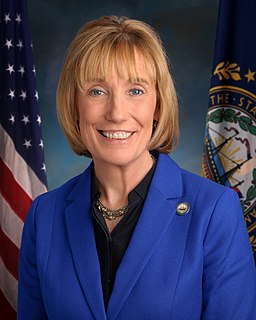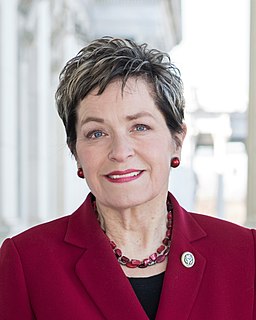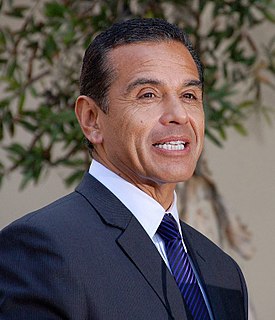A Quote by Fred Ehrsam
We are on our way to blockchains as the fabric of society - the system for what we own (assets), who we are (identity), how we make decisions (governance), and more in an increasingly digital world. It's going to be a wild ride.
Related Quotes
I'd guess blockchains will be the full-blown backbone of virtual worlds - the system for currency, assets, identity, even governance - before doing the same in the 'real world.' Which is where I think we will end up in the real world eventually; it's just a matter of which goes first and how long until it's the case for both.
When you drill down, blockchains are really a shared version of reality everyone agrees on. So whether it's a fully immersive VR experience, augmented reality, or even Bitcoin or Ethereum in the physical world as a shared ledger for our 'real world,' we'll increasingly trust blockchains as our basis for reality.
We have to help decision makers realize that women's reproductive health rights are civil rights and that women need to be free to make the same decisions that men are free to make with regard to health care and whether and when to have a family. It's going to be increasingly important for women to speak up not only about being able to make our own decisions, but also about the importance of being trusted to make our own decisions.
My own view of this, by the way, is, if the war on terrorism is successful over time, in its own way it's going to box Saddam in in a way that's going to make it much more difficult for him to maintain his power, and that he's going to become increasingly isolated. I think that's going to take time.
The Golden State has lost its luster. We've got to change our tax system and how we fund government. We're going to have to make it easier to create jobs in California, incentivize manufacturing, really put more in the way of investment in our public school system and our institutions of higher learning if we're going to stay the Golden State.
When artists connect to a system because they want to make a living, it's their own choice. In fashion, designers don't have that choice. I know everybody mentions Azzedine Alaïa, but he's been going for a long time in the system - showing to people, selling to clients - and I think it's admirable how he's transformed it into his own system in a way, but it's still a system.
Increasingly, we will be faced with a choice: whether to keep the oceans for wild fish or farmed fish. Farming domesticated species in close proximity with wild fish will mean that domesticated fish always win. Nobody in the world of policy appears to be asking what is best for society, wild fish or farmed fish. And what sort of farmed fish, anyway? Were this question to be asked, and answered honestly, we might find that our interests lay in prioritizing wild fish and making their ecosystems more productive by leaving them alone enough of the time.
In our society, real power does not happen to lie in the political system, it lies in the private economy: that’s where the decisions are made about what’s produced, how much is produced, what’s consumed, where investment takes place, who has jobs, who controls the resources, and so on and so forth. And as long as that remains the case, changes inside the political system can make some difference-I don’t want to say it’s zero-but the differences are going to be very slight.
The way in which we can promote peace, is by promoting sustainable management of our resources, equitable distribution of these resources, and that the only way you can actually do that, is that then you have to have a political, economic system that facilitates that. And then you get into the issues of human rights, justice, economic justice, social justice, and good governance or democratic governance. That's how it ties up.
































